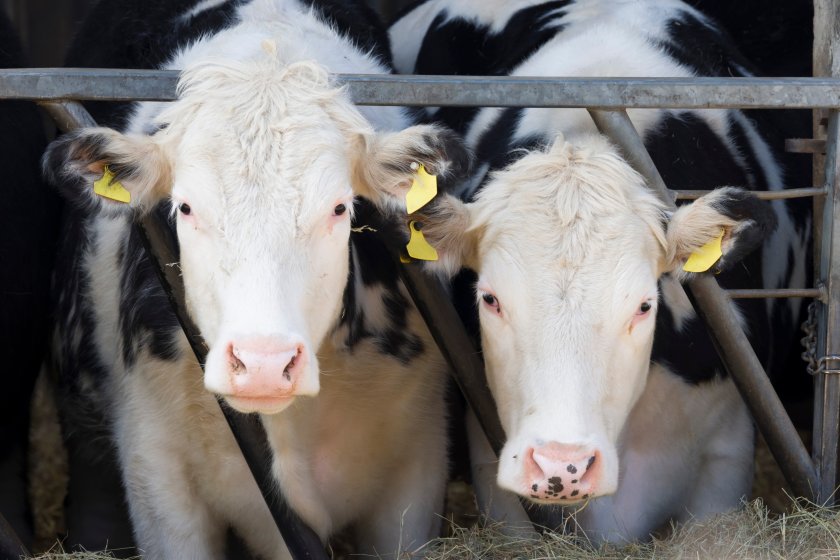
A new general licence will launch next month to make it easier to move cattle from TB restricted holdings, allowing greater flexibility while reducing red tape.
From 2 October, farmers will be able to apply for general licence 'TB16e', which covers the onward movement of cattle from TB restricted holdings.
This covers either directly from a restricted holding or through an ‘orange market’ in England and Wales, to an AFU (Approved finishing unit), AFUE (Approved finishing unit – enhanced with grazing) or a licenced slaughterhouse.
The general licence will be valid for the time between short-interval tests. Following each short-interval test, farmers will need to apply for a new licence.
For breakdown herds in Wales, when the next TB test is a potential clearing test, the licence will usually only be valid for calves under 90 days old.
It is hoped that the new system will help to streamline the process of moving cattle whilst under restrictions.
It aims to allow greater flexibility while reducing the amount of administration required by farmers and the APHA.
Under current rules, the time needed to complete this process often made it difficult for cattle keepers to meet the demands of cattle purchasers.
Welcoming the news, NFU deputy president Tom Bradshaw said it was “common sense”, with the new arrangements removing “unnecessary red tape” from the current process for all parties.
This was echoed by NFU dairy board chair Michael Oakes, who said that the current arrangement “puts additional strain on farm”.
He added: “This policy change is particularly welcome as it will help provide greater flexibility to producers when trading restricted cattle into orange markets or TB licensed units.”
The licence was advocated for by the Bovine TB Sub-Group, a collaboration between the NFU, Defra, APHA, AHDB, the Welsh government and representatives from the dairy and beef supply chains.
Speaking on the work of the sub-group, Tom Bradshaw said: “This marks a great start for GB Calf Week and reflects the benefits of working in partnership across England and Wales which has been achieved within the Bovine TB sub-group.
“Getting stakeholders out on farm to bring issues to life has resulted in practical policy solutions that will make a real difference to industry and ease the management of TB restricted calves.”
